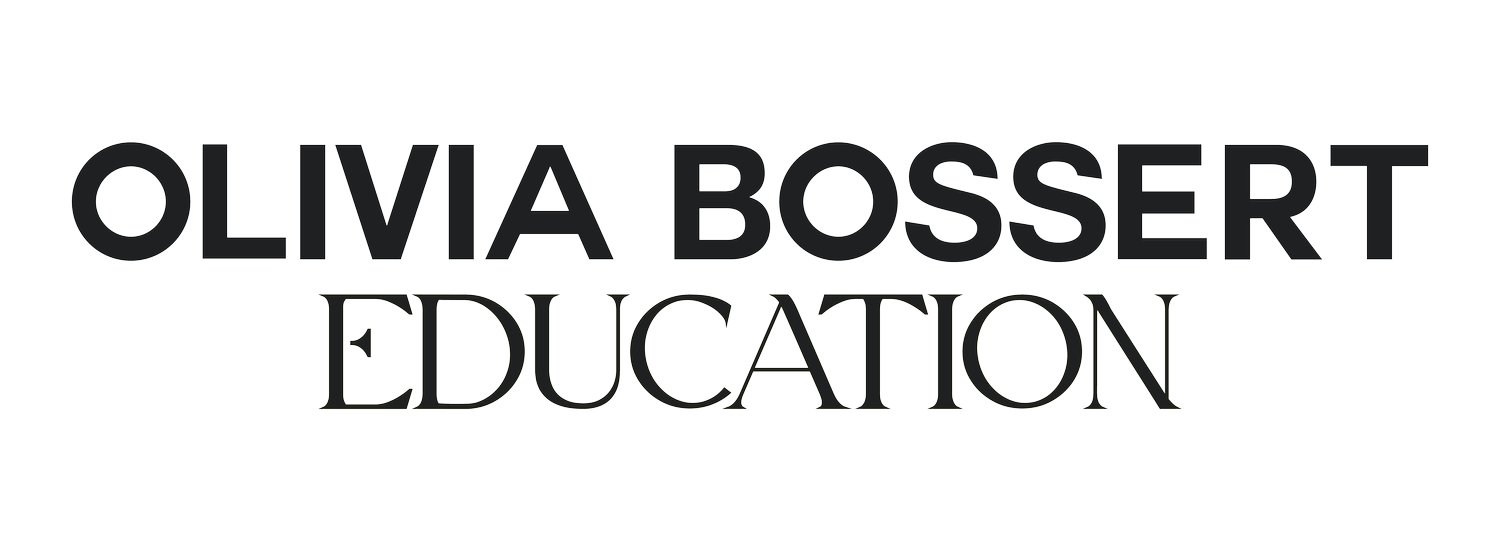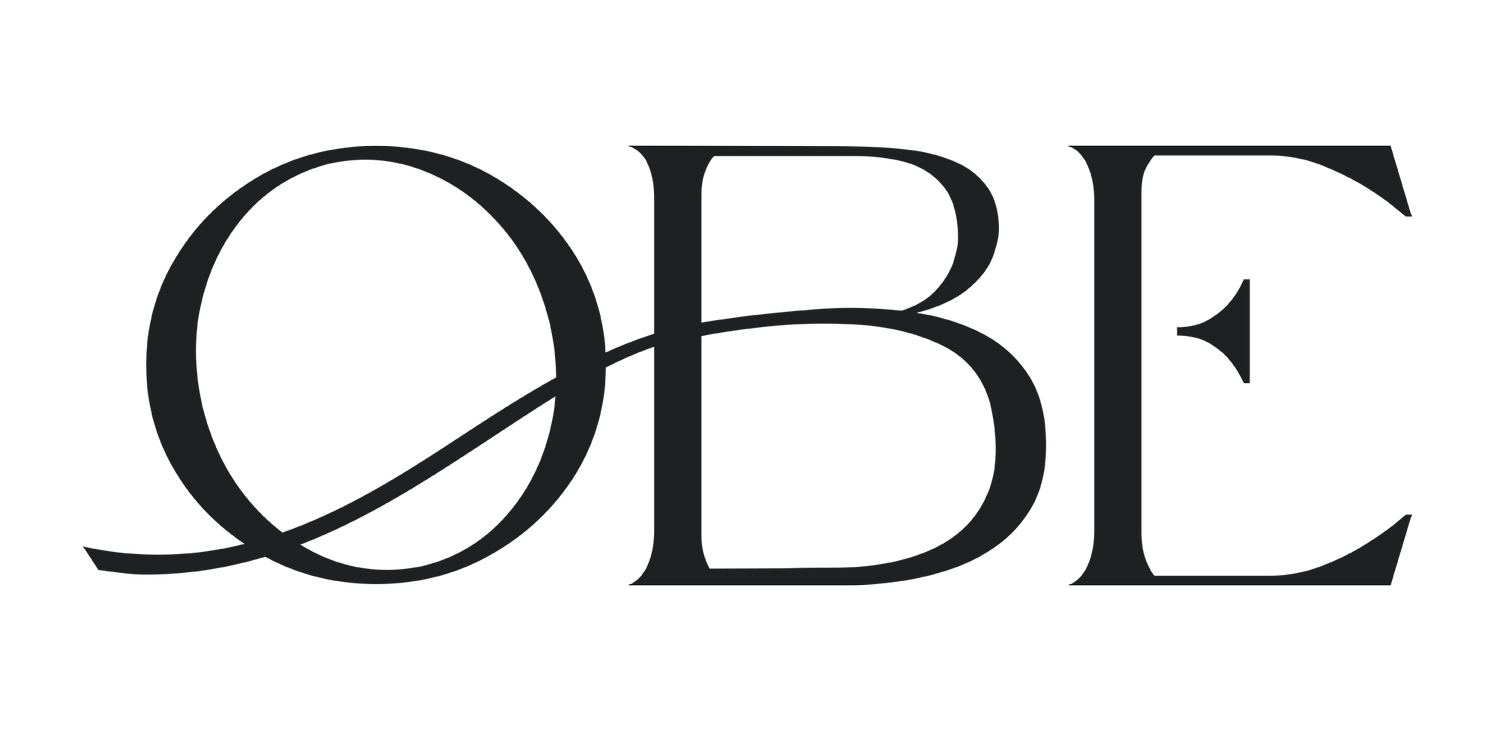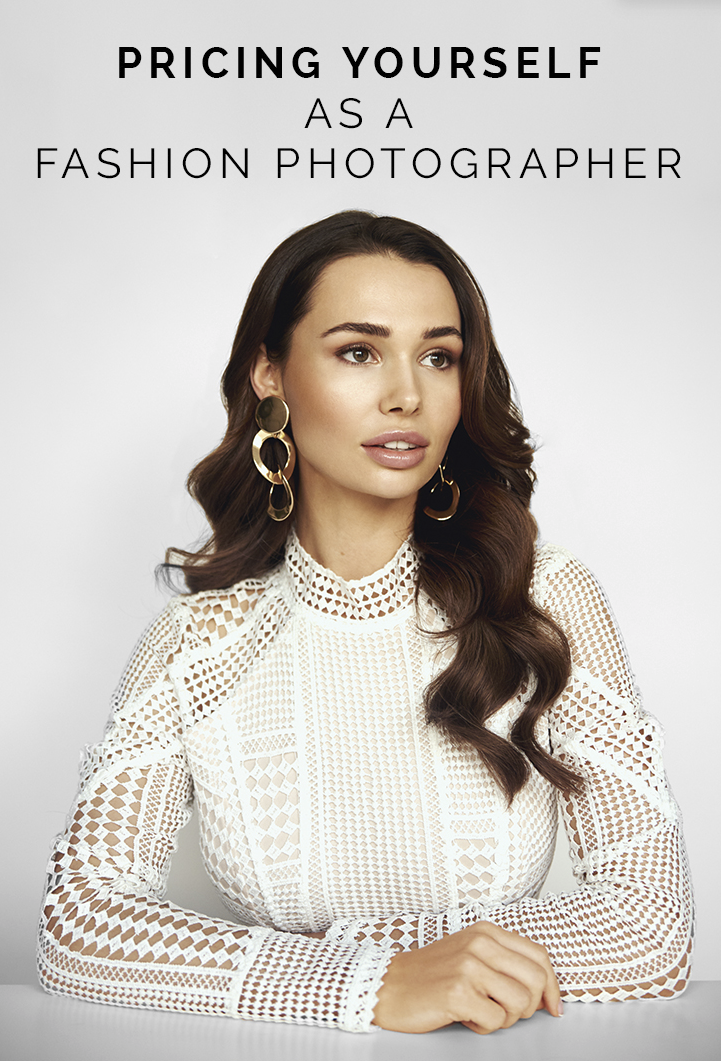Pricing Yourself As A Fashion Photographer
Ok, here goes...
I'm gonna be honest, I've avoided this topic for a while. Pricing is THE MOST ASKED question I get, but it's also the topic that I find the most difficult to talk about.
The reason?
There's no right or wrong answer. I'm sorry to tell you that, but freelance photography rates are something which is always going to be a bit vague.
That being said, in the last few years I've definitely learnt a thing or two about how to price photography, so I'm going to share what I know with the hope that it will help you.
Knowing Your Ideal Client
Working out your price is going to come down to a lot of trial and error. I've been in both the position where I undercharged, and overcharged. Now, I've found my groove, and I'm currently charging a day rate that I feel happy with, and that my clients are also willing to pay.
What you charge does matter to an extent, because it sends a message to your potential clients. For example, if you're wanting to work with very small businesses, charging premium prices won't work. If you're wanting to work with mega big brands, charging little also won't work. You need to know who you want to work for before you can even begin to put a price to your work!
So spend some time researching your ideal client, and take into account what kinds of budgets they have. If you can't find exact figures, it's ok to make a guess. 9/10, you'll be pretty accurate. As I said, this is all trial and error, so don't be afraid to tweek as you go, until you find your perfect price.
Let's Get Logical
Before you can do anything else, you need to work out how much you need to earn to cover your business' costs and your time.
There are loads and loads of resources online which can help you to work out your business expenses, and I recommend taking a look at "The Independent Girls Club" as an amazing resource.
From there, you can work out how much time you spend on each of your projects, and you'll come up with an idea of your price.
When it comes to photography remember to take into account:
- your kit
- your website costs
- your software costs
- tax (you need to put aside 30% to cover tax!)
- how long you spend in pre production
- how many hours you shoot
- how long you spend in post production
I encourage you to spend a lot of time working out what your business costs are, and do this over a few days. Things will constantly pop back into your head as you work on this, so write them all down, and add up how much it costs you to run your business per month and per year.
If you're looking for a more "formulaic" approach to working out your price, then I recommend reading this blog post by Karen Rosalie, or downloading Jenna Kutcher's pricing guide (note - this isn't for commercial photographers, but will probably still help you none the less).
Freelance Fee's
A few years ago, I came across this website, and it is really, really good if you need help working out what to charge as a photographer in the UK.
Should you charge by the hour, or by day?
This is a frequently asked question, and the answer is: it's up to you. I personally charge by half day, and full day although I do know my hourly rate, should I need it.
Typically, a shoot rarely lasts ONLY an hour with me, and clients usually need a lot more of my time, so I quote half and full days for that reason.
Its good to know what your hourly rate is, just so that you can be sure that you're not working for less than minimum wage when you add up your total hours working on a shoot (pre production, shooting, and post production). You'd be surprised by how many hours you ACTUALLY spend on a shoot.
How Can I Work Out My Hourly Rate?
I recommend using the formula's I shared above, but one exercise I did a few years ago was note exactly how long I was spending on a project from start to finish. From the moment I sent the first email (replying to my clients enquiry) right up to sending them their final images, I jotted down how long I was spending. I included the hours I spent driving to and from the location, I included hours I spent speaking to other team members, I recorded every. single. thing.
I spent a total of 22 hours on that shoot!!!
When I realised how long a photoshoot actually took me to produce, it helped me to justify my hourly rate.
I encourage you to do the same exercise if you're struggling to explain your hourly rate to your clients... or even just to yourself!
What about usage?
This is again (as is with all of it) personal, but you have the right to charge additional fees for certain things. For example, I charge a usage license for my images depending on what they're going to be used for. At the moment, I include "global online usage" in my day rate as a standard (at the moment). However if a brand said that they wanted to use the images I take in their shops, or in a catalogue, there would be an additional licence on top of my day rate.
That is standard practice within the industry. Working out usage is a topic which deserves a blog post of it's own, but you can use calculators online like Getty Images or The AOP.

What do I charge?
I'm going to put you out of your misery, because I know that this is always the biggest question on everyone's mind. What do other photographers charge?!
I charge £450 for a half day shoot (4 hours max), and £600 for a full day (8 hours max).
That being said, please don't base your prices on mine. You may want to charge more, or less. Whatever you end up with, is YOUR price. But I hope that me sharing what I currently charge (in February 2019) is helpful to you in some way.
What Should You Include In Your Day Rate?
Again, this is for you to decide, but I personally include: pre production communication (emails and phone calls), pre production team sourcing, the shoot itself, the kit I own, and the post production of up to 2 images per outfit.
That being said, what ends up being included in the shoot is always up for negotiation. For example, if the client wants me to scout a location, I will charge a location scouting fee. If they want me to hand over all my RAW files, I will charge them a processing fee. If they want me to hire equipment, the client gets invoiced for the cost of the equipment. The list goes on and on.
It's up to you to have an open conversation about your costs with your client, and be very up front about what is included in your fee, and what is going to cost them more money.
The Most Important Point
Like I've said throughout this, there is no right or wrong answer. Pricing as a photographer is incredibly personal to you and your own business. You can speak to as many photographers as you want, read as many articles, watch as many Youtube videos, but the way you want to do it may differ from everyone else.
That's ok. The most important thing is that you feel confident and comfortable with your price, it covers your expenses and is able to pay you a wage, and also provides you with a profit... because what's the point of it all if you can't make a profit and enjoy your life?!
If you want to learn more about money and managing your money, I HIGHLY recommend the book "Profit First*"(affiliate link). It changed my life!


